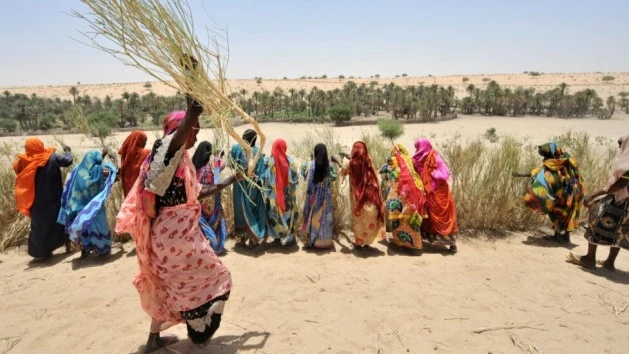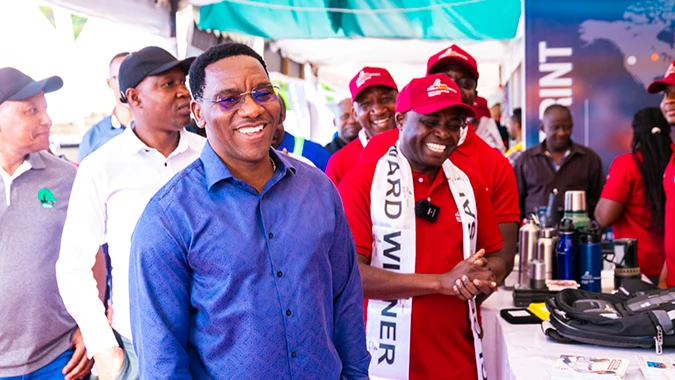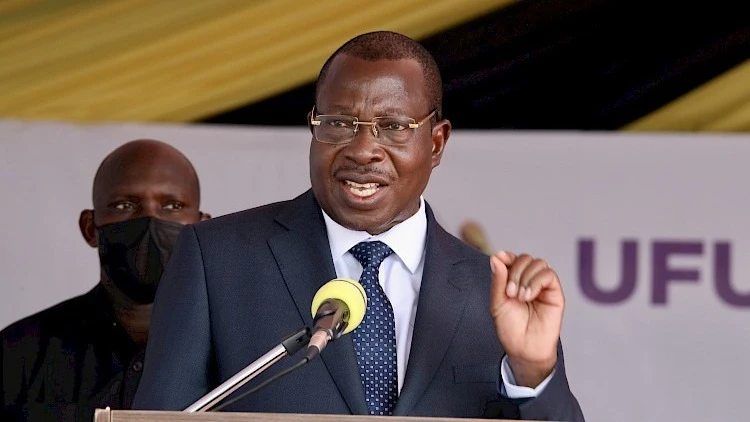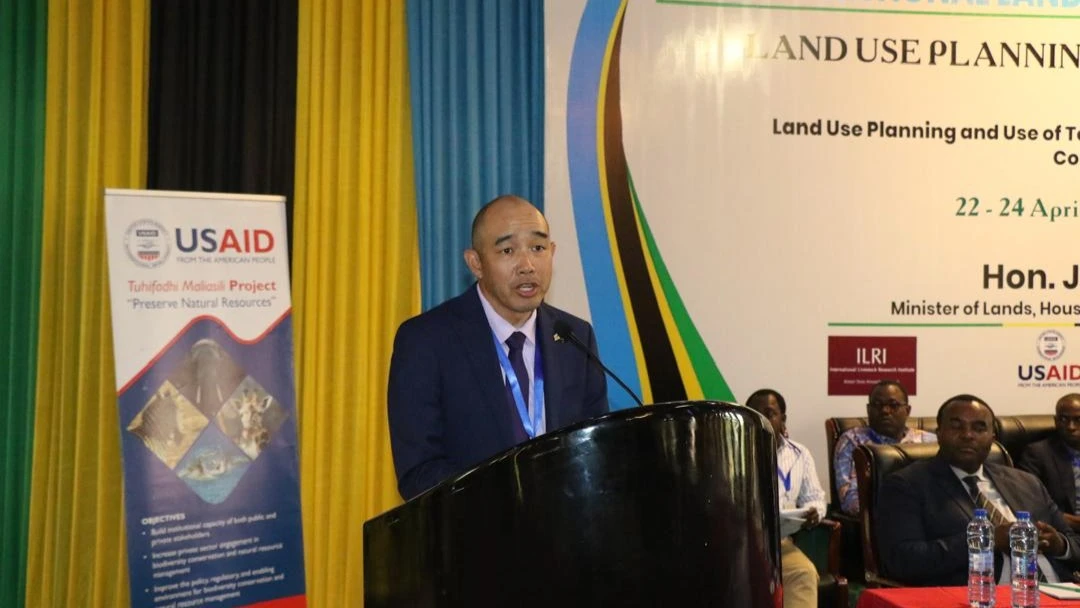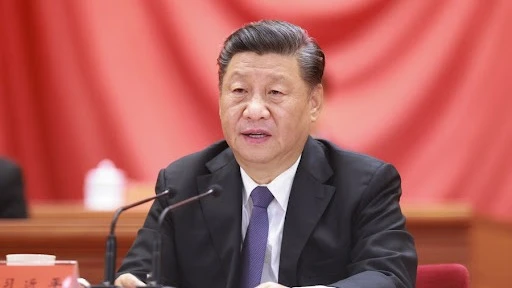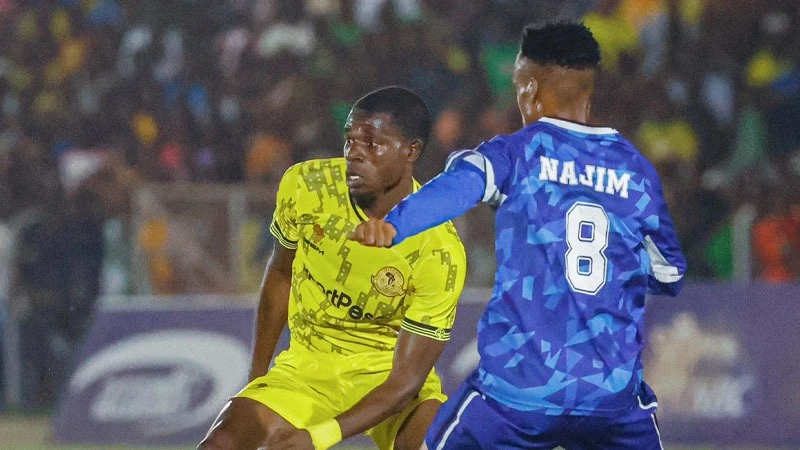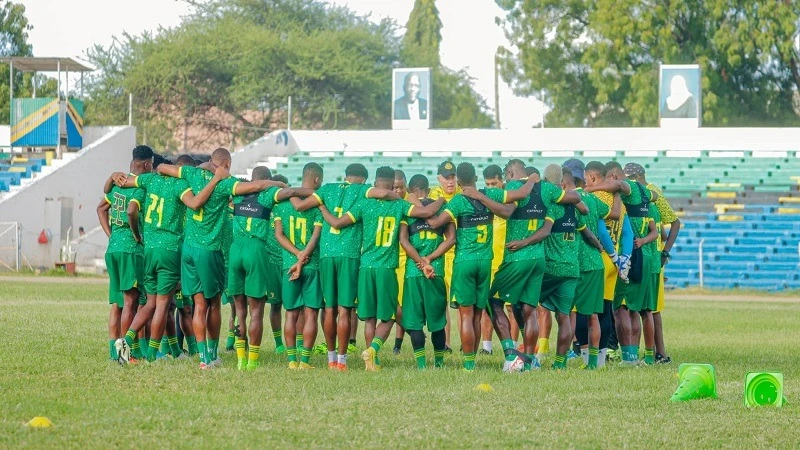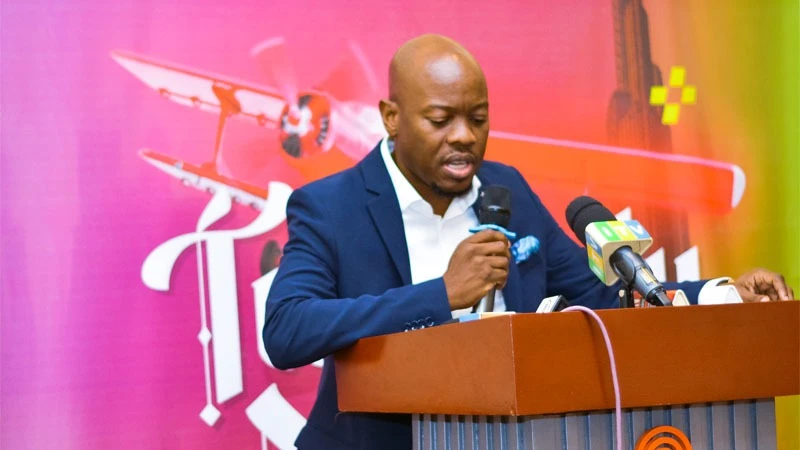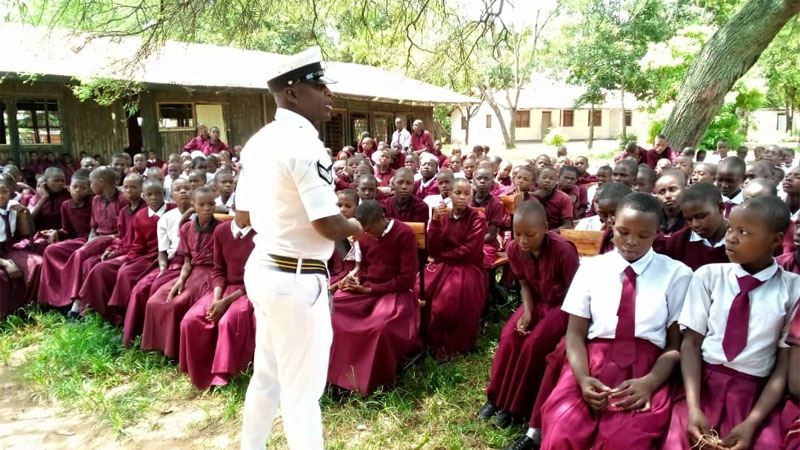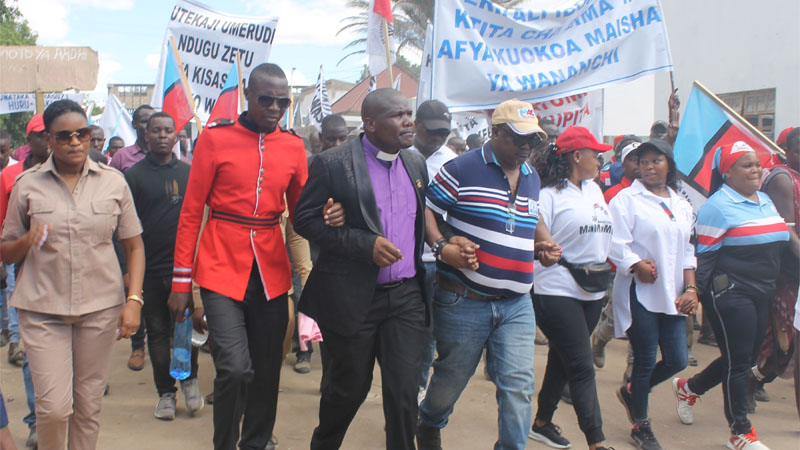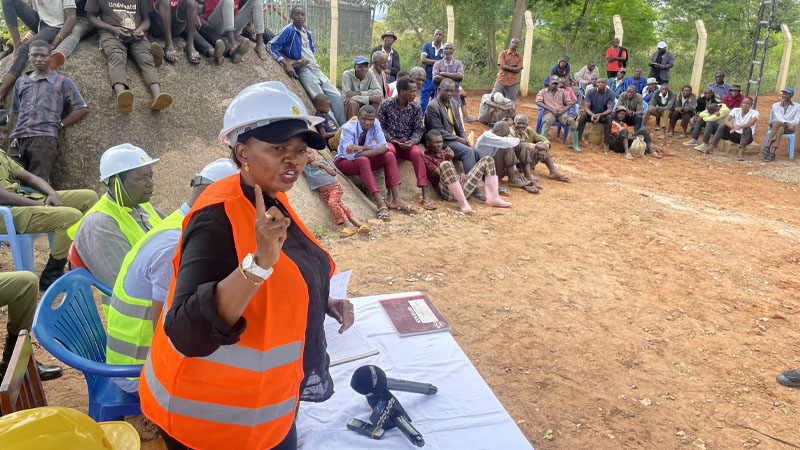Global responsibility exaggerated in causation for 1994 Rwanda genocide
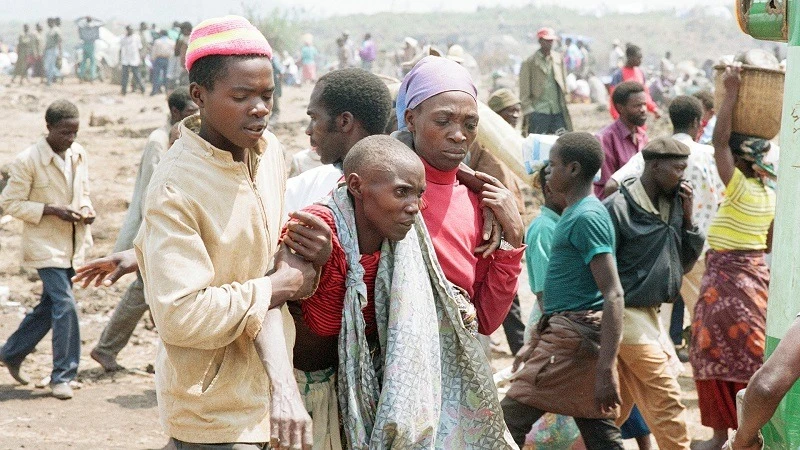
CERTAIN events in the life of a country, a people or even a continent serve to bring into the open just what is wrong with that culture or people, but often it is not easy for those concerned to own up. Those around them make an effort to assuage their feelings, or take time to state somewhat clearly what took place or their role in it, and for the most part it is propaganda that rules.
That has been the case since 1994 in relation to the Rwanda genocide, where propaganda had it that it was the Rwanda Patriotic Front that downed the plane of President Juvenal Habyarimana, while it was his own people, as a signal to start killings, in just half an hour later..
Had it been that the plane was brought down by opponents, and the government of the day realises that the president has died, it would take a certain amount of time for them to be reorganized and start acting cohesively. The downing of the plane was a sort of military coup, where the diehards at the presidential palace and in government moved to eliminate the dovish wing of the state.
It started with the president and then the prime minister, Agathe Uwingiliyimana, the first victim of the genocide in the sense of house invasions and traffic stoppages to haul out people from vehicles and kill them. Either one supported the genocide or die in it.
What also needs to be laid to rest is another rather comforting ideology, that the inaction of the international community allowed the 1994 events to be rolled out Key state organs coordinated an orchestrated mayhem that took a toll of 800,000 lives before power was wrestled from a totally disorganised vampire state upwards of 100 days from April 6, in the night. The president himself didn’t know the plan.
That is where the problem of diplomatic failure comes in, as the first person who needed to be assisted was none but the president, and his core enemies planning the genocide were his wife Agatha and his brother in law, Col. Theoneste Bagosora.
The proper architect of the genocide, he had earlier quit peace talks with RPF in Arusha, declaring that ‘I am going back home to prepare an apocalypse.’ He had earlier been the minister for defense, then removed and placed in the State House as top adviser on military and security matters, thus he could plan a vast operation.
Just imagine how a peace loving diplomat would seek an appointment with the ruler, to tell him that his wife and brother in law were mobilising for genocide and they would first start with his own death and the prime minister. Too much from any realistic diplomatic expectation, in which case Rwandans fell on their own swords.
And indeed the Tutsis partly had themselves to blame for the horror, as they kept massacring all educated Hutus in neighbouring Burundi, and when international pressure led to polls in July 1993, they killed the Hutu winner three months later, Melchior Ndadaye. Hutus in Rwanda opted to drain the pond, simply.
The point is that like other people around the world, we Africans are only just beginning to be weaned of the demons of cruelty and mayhem to resolve disputes that merit a few demonstrations and a government of national unity. The Rwandan genocide, like what is going on in the Sudan or earlier in Ethiopia, is part of what a classic writer called ‘pitfalls of national consciousness,’ or alternatively, it is sin. The wages of sin is death, and ethnic arrogance leads to mayhem, as in the current destruction of Gaza following a Hutu-like massacre of more than 1,200 people.
In the final analysis, the powers that were related to Rwanda at the epoch were pursuing self -interest as they have always done, that is, angling a country’s interest in relation to its own policies. Thinking that this ought to have excluded the genocide are perfectly wrong, as every country is free to choose its own destiny and others can only be invited to help, unless they are pursuing their own interests by spirited or muscled intervention. If a country opts to commit suicide, it can’t blame the rest of the world for not disarming it, as it is the case in individual lives.
The most pilloried of the foreign powers is France, which had intimate ties with the genocidal authorities, but these were ties of dependency and even ideological affinity especially of the Franco-Belgian priesthood with the Hutu state intelligentsia or ‘petty bourgeoisie.’
The Tutsis were traditionally the ruling class and what they were doing in Burundi from the late 1950s up to the 1972 massacre of all educated Hutus, that is, with secondary school education, was reprehensible. In that case it was a tenuous situation for the Hutu rulers in Rwanda to incline to global pressure for agreement with RPF, holding elections and loosening the grip.
When Col. Pierre Buyoya, outgoing military ruler of Burundi who remained as de facto head of the army even as he pretended to be handing over reins of office to president-elect Ndadaye as if he really left office, everyone in Rwanda was acutely apprehensive. They wanted to know if the Tutsi dominant classes would actually respect the new dispensation and the new leadership stabilize, which had a chance of showing an example to Rwanda that perhaps times had changed. But it failed.
They soon proved that it was not possible to do business with Tutsis on an even handed and fair dealing framework, when the restless colonel, too drunk with power and vastly contemptuous both of democracy and the Hutus that Ndadaye represented, struck out and the president was killed.
So the die was cast; the fury and rejection of compromise in Rwanda was universal except for few top officials close to the UN, like the president and the prime minister, to start with. And in that case the intensity of the dispute was such that families were torn apart, so that even siblings killed one another as they were at different ends of a fiery sword of hate.
Top Headlines
© 2024 IPPMEDIA.COM. ALL RIGHTS RESERVED






